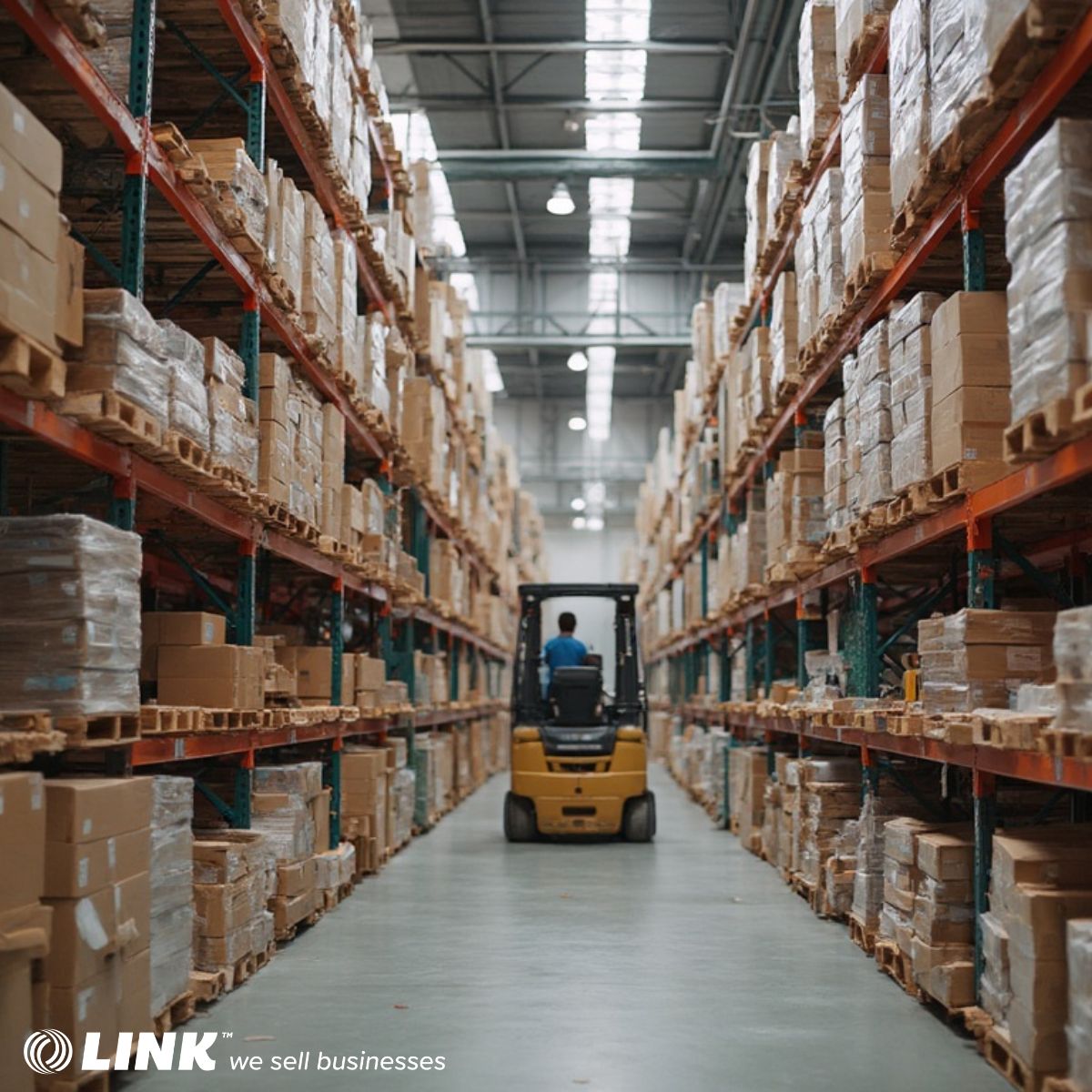In the business world, depreciation and amortisation are critical for keeping careful financial records. Both values are used as part of the EBITDA value, which is a business’ net earnings before depreciation, amortisation and taxes are included.
Depreciation is the planned, reduced value of an asset over time, due to wear and tear. An asset is defined as an expenditure that is used through multiple future accounting periods. If an asset does not have a utility, then it’s considered an expense.
Here is a simplified example: a company pays its electric bill each month. This expenditure covers something — electricity — that was only used during the billing period, so it’s recorded as an expense, not an asset.
If this same company then purchases a piece of manufacturing equipment that they expect to use over the next five years, then this purchase is recorded as an asset because it has utility over multiple future periods.
Asset Differences
Depreciation is calculated for tangible assets, which include things such as manufacturing equipment and vehicles; whereas, amortisation is for intangible assets such as patents, brands or trademarks. Both depreciation and amortisation are methods of spreading the cost of a business asset over its useful life.
For instance, a patent placed on a piece of medical equipment might have a life of 17 years. The cost involved with creating the medical equipment is spread out over the life of the patent, with each of the 17 portions being recorded as an expense on the company’s income statement.
Depreciation Deductions
Depreciation, being the reduced value of a tangible asset over its useful life, is claimed as a deduction from a business’s income on its tax return at the end of the year.
Depreciation deductions are made on assets that a business owns, leases (although this depends on the specific lease terms) or buys under a hire purchase agreement. The amount of the deduction varies depending on a few factors, including:
- The cost of the asset
- The depreciation method
- The depreciation rate
Straight-Line vs. Accelerated Method for Depreciation
Two ways for businesses to calculate depreciation are the straight-line method or the accelerated method. Straight-line depreciation is calculated by subtracting the salvage value from the original purchase or acquisition price and dividing it by the total estimated life in years. This method keeps the depreciation value constant, so the valuation of the company is easier to calculate, predict and adjust if necessary.
The accelerated method, on the other hand, allows businesses to write off more of their assets in the earlier years after the initial purchase and less in the later years. Why would companies want to do this? The primary benefit has to do with taxes. By writing off more assets initially, companies can report lower income and therefore pay a lower tax rate.
Straight-Line Amortisation
Unlike depreciation, amortisation is almost always implemented using the straight-line method. It charges the cost of an intangible asset to be expensed at a consistent rate over time. Because these types of assets are not usually consumed at an accelerated rate, the straight-line method is used.
To calculate this value, the expected salvage value is subtracted from the book value of the intangible asset and divided by the number of periods. It’s calculated the same way as straight-line depreciation, but applies to intangible rather than tangible assets.
For instance, if a business purchases a brand, trademark or patent for $20,000 and they plan to sell it to another business in four years for $12,000, the expected salvage value of $12,000 is subtracted from $20,000. The remaining $8,000 is divided by the four years, which equals $2,000 amortisation per year.
Both amortisation and depreciation are useful for calculating potential tax deductions and maintaining careful accounting. Both methods allow businesses to expense items, whether tangible or intangible, in the periods they’re used, giving the company a clearer picture of financial ROI and performance.




